Following the assassination of Archduke Franz Ferdinand in Sarajevo it took a mere six weeks for the diplomats of Europe’s Great Powers to plunge the continent into cataclysmic war. Austria-Hungary wanted Serbia, which was protected by Russia, which was in an entente cordiale with Great Britain and France. Germany was the ally of Austria-Hungary. For good measure, Turkey was the ally of Germany.
Simon Heffer straightforwardly follows the messaging and the meeting that resulted in catastrophe. There are no forces or movements here, but rather individuals trying to serve their nations’ best interests, and with generally good intentions all round. The road to hell.
Emphasis on the words and actions and characters of those directly involved, such as Edward Grey, the British foreign secretary, Prince Lichnowsky, the German ambassador to Britain, and Dayrell Crackanthorpe, the British minister in Belgrade, is carried on throughout the precise, occasionally sardonic Staring at God. As war breaks out, the narrative becomes more keenly focused on the exclusively British experience, and Heffer keeps a beady eye on every day that passes.
In between the ‘next mornings’ and ‘that nights’, and the breakfasts, lunches, dinners and walks in the woods, he finds space to fill the reader in on social, economic and cultural happenings and, indeed, the progress of the war itself. It is a mammothly complicated task, which is achieved with concision and fluency.
The cast of principal characters comprises no more than two dozen. The leads, naturally, are the prime ministers Asquith and Lloyd George. While Heffer is on the whole scrupulously objective, he is often cutting, unwilling to suffer gladly governments’ almost continuous folly. However his antipathy towards Lloyd George, who is presented throughout as unscrupulously ambitious, dishonest and manipulative, reveals the ineradicable bias of the high Tory Englishman that the author is known to be. This may delight many Spectator readers, but I found it tiresome and unbalancing. Almost every mention of LG is qualified with a derogatory phrase, typified by the picture caption: ‘The man who very nearly lost the war.’ John Grigg’s magisterial life of the Welsh wizard should be read in tandem with this book.
One of the unexpected revelations of Heffer’s microscopic approach is the lachrymosity of the ruling classes. There are tears of frustration, rage and grief. Edward Grey reportedly cried during a cabinet meeting, and subsequently in front of the American ambassador. Lichnowsky wept in front of Asquith. Asquith reports Lloyd George’s eyes as ‘wet with tears’ when his loyalty is questioned. Asquith himself falls crying into his wife’s arms after he has announced the forming of the coalition government. Both Asquith and the German general Erich Ludendorff lost children to the war; Arthur Henderson, leader of the Labour party and member of the war cabinet, lost a brother; Sir Maurice Hankey, the highly effectual cabinet secretary, lost a son.
Apart from the war itself, three great themes dominate these pages: Ireland, the role of women in British society, and what the author calls ‘the tenor of public life’. In the politics of the period Heffer depicts a movement from Gladstonian liberalism, represented by Asquith, to a seedier, tougher world as typified by Lloyd George. At the same time he recognises that it was LG who understood how to fight ‘total war’.
Like the meeting of three currents, soldiers, politicians and journalists clash, agree, rebel and intrigue throughout. This is fascinating stuff, but Heffer also charts the movement of literary sensibility, from the heroic of Rupert Brooke to the pitiful of Sassoon and Owen, by way of the intellectual H.G. Wells.
Then of course there is the Russian revolution, which changes everything, and is the hinge that unites the two books under review. They overlap at what Charles Emmerson calls ‘the long end’ of the war. One emerges from Staring at God, so focused on Britain, into the wide world of Crucible. It is, truth be told, and certainly for the general reader, a relief, even if the world we are confronted by is stupendously chaotic. Bombs are being detonated all over the place, from Chicago to Lisbon, Damascus to Vladivostok.
Writing in the present tense, the author hops and skips around the capitals of Europe, with the occasional visit to the USA (for race riots), giving us short, erudite and often colourful snatches of the lives of a series of individuals which when taken together describe the crucible in which the world is changed. These individuals are often referred to by their first names: Albert, Vladimir, Benito, Josephine, Winston, Ernest, Charles, Rosa, Eamonn, Marcus, Woodrow, even Adolf. Alternatively they are known by their epithets. Lenin is ‘the impatient revolutionary’, Hitler is ‘the mangy field-runner’ (both he and the Italian PM also have weepy moments).
It is a clever rhetorical device. We do not know, yet, how evil or otherwise significant these figures will turn out. In a sense this is not a history book about what happened, but about what was going to happen. What begins with Lenin in a library in Zurich ends with Hitler being released from prison in Munich.
Russia dominates, and its revolution symbolises the great changes that both Heffer and Emmerson record. Of course, in Russia things largely reverted: dictatorship, poverty, famine. Lenin was a tsar by any other name. He hated modern art and modern poetry. He wanted Pushkin, not Mayakovsky. But in one way or another, the old order was being overturned. In the centre of Europe Freud and Einstein and Tristan Tzara brought other kinds of revolution. The French took to jazz.
Politically, it is hard to discern the precise differences between various kinds of fascism and communism that spread like malignant ‘microbes’ (Lenin’s word) across the world. Certainly everyone wanted to destroy capitalism. In Fiume, D’Annunzio ruled with a sort of totalitarian bohemianism. By 1924 there was no Russian, Habsburg, Hohenzollern or Ottoman empire, and even the British empire was beginning to crumble, with uprisings in Ireland and India.
While Staring at God is austere and dry, a journey you take a step at a time, Crucible trips lightly. Emmerson’s amusement at human folly is less grave. But the two do have things in common: both successfully merge social, economic, political and cultural history; more glorious still, both see individuals as the principal agents of change. This may not be a reversion to the great man theory of history, but it is wonderful not to be bludgeoned by theories, forces, waves and movements. Finally, they both serve to remind us that nowadays we really don’t have it that bad.
Got something to add? Join the discussion and comment below.
Get 10 issues for just $10
Subscribe to The Spectator Australia today for the next 10 magazine issues, plus full online access, for just $10.
You might disagree with half of it, but you’ll enjoy reading all of it. Try your first month for free, then just $2 a week for the remainder of your first year.


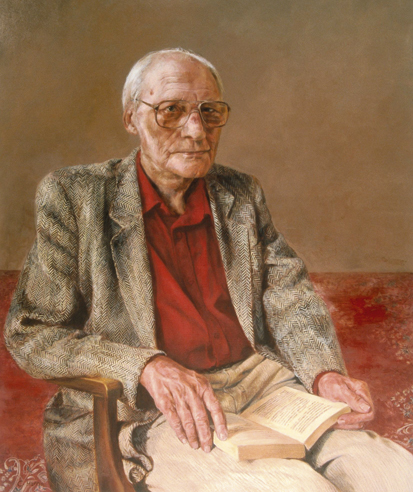
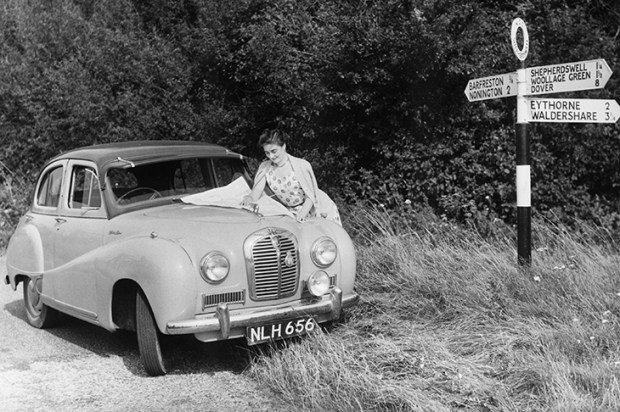
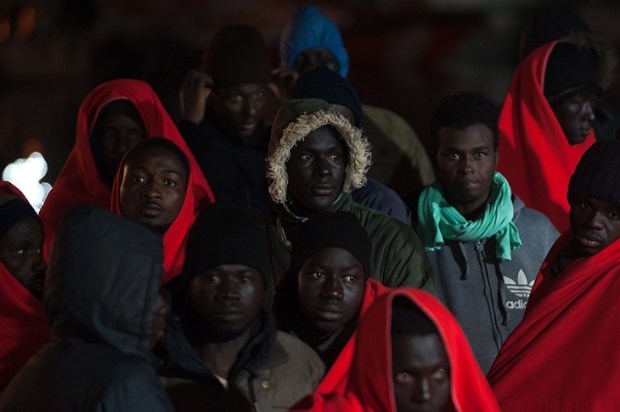
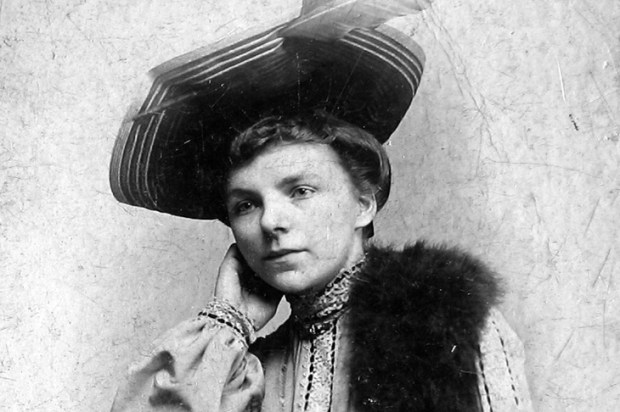
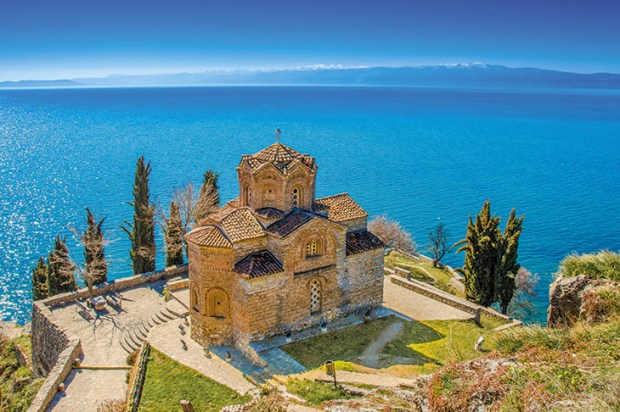
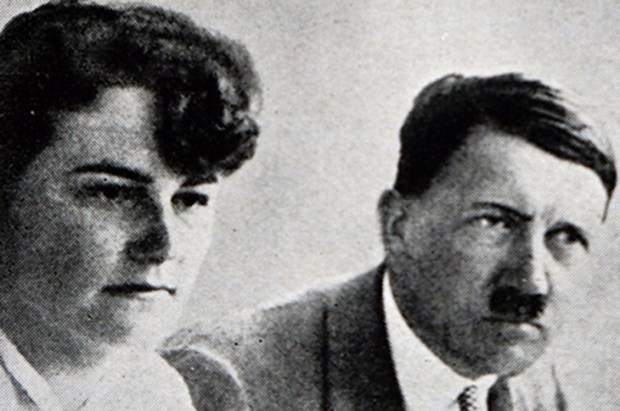






Comments
Don't miss out
Join the conversation with other Spectator Australia readers. Subscribe to leave a comment.
SUBSCRIBEAlready a subscriber? Log in